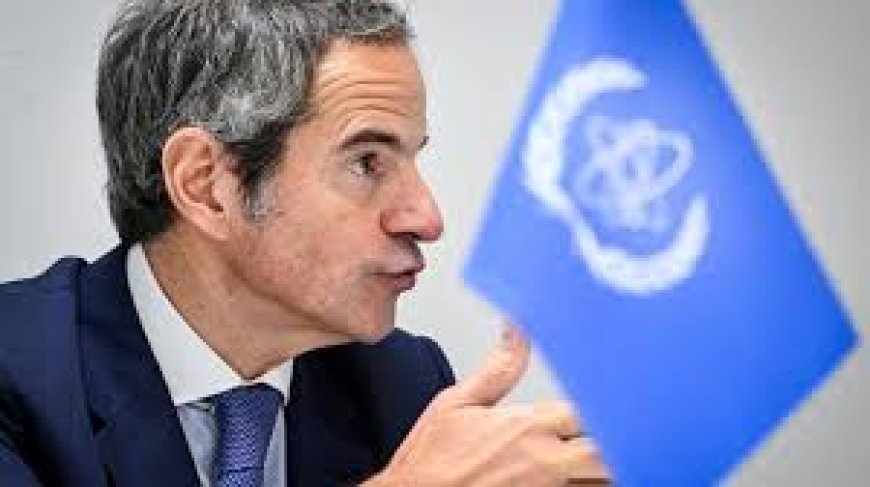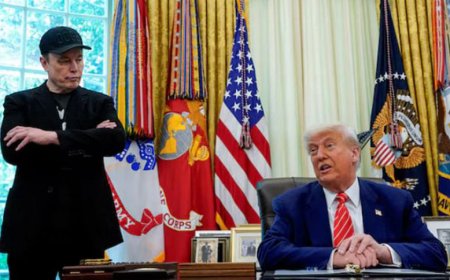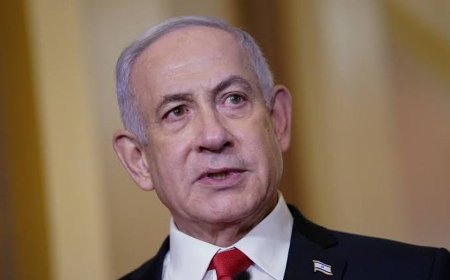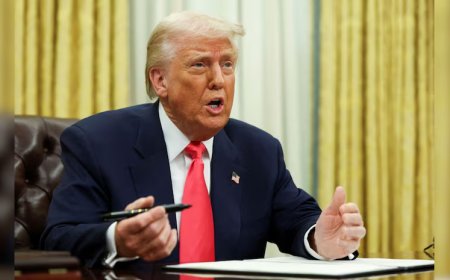UN nuclear chief travels to Iran for critical discussions
UN nuclear chief travels to Iran for critical discussions

International Atomic Energy Agency (IAEA) chief Rafael Grossi plans to visit Tehran on Wednesday for pivotal discussions concerning Iran's nuclear program, cautioning that diplomatic options are narrowing just before his trip.
Grossi's visit is timely, coming just two days after Israel's defense minister issued a stark warning, stating that Iran is now “more exposed than ever to strikes on its nuclear sites.” Israel has long accused Iran of pursuing nuclear weapons, a claim Iran has consistently denied.
This year, Iran and Israel have exchanged missile strikes as tensions escalate over Israel’s conflicts with Iran's allies, Hamas in Gaza and Hezbollah in Lebanon. These recent skirmishes have intensified their longstanding shadow conflict and heightened fears of a broader Middle East confrontation.
“The room for maneuver is shrinking,” Grossi remarked in an interview with AFP, stressing the importance of seeking diplomatic solutions. Although the IAEA still conducts inspections in Iran, Grossi emphasized the agency’s need for "greater visibility" into Iran’s nuclear activities given the program's expansion.
Grossi’s trip follows the election of Donald Trump, who withdrew the U.S. from the 2015 nuclear deal during his previous term, back into the presidency. Last week, Trump stated that he desires a prosperous future for Iran’s citizens, while reiterating that Iran “cannot possess nuclear weapons.”
The 2015 nuclear deal, forged after lengthy negotiations, involved world powers easing sanctions on Iran in exchange for its commitment not to pursue nuclear weapons. However, in 2018, Trump exited the agreement and re-imposed sanctions, prompting Iran to gradually loosen its compliance, allowing it to enrich uranium beyond the 3.65% cap specified by the deal.
Currently, the IAEA reports Iran’s enriched uranium stockpile has reached 60% purity, edging closer to the 90% threshold required for nuclear weapons development. Grossi’s upcoming visit will be his first to Iran since May and will include “high-level meetings with Iranian officials” and “technical discussions on all fronts,” according to an IAEA statement.
Since July, Iranian President Masoud Pezeshkian has sought to mend relations with the West and remove sanctions, advocating for a return to the nuclear deal. However, diplomatic efforts to revive the agreement have repeatedly stalled. The IAEA has repeatedly called for Iran's cooperation, but Tehran has reduced its engagement by deactivating surveillance equipment critical to the IAEA’s oversight and limiting inspector access.
The roots of Iran's nuclear program trace back to a 1950s civil cooperation agreement with the United States under then-Shah Mohammad Reza Pahlavi. Iran joined the Non-Proliferation Treaty (NPT) in 1970, which required the country to declare and submit its nuclear materials for IAEA oversight.
However, in response to recent Israeli missile strikes, some Iranian lawmakers have urged the government to reevaluate its nuclear strategy to consider nuclear weapons development. They called on Supreme Leader Ayatollah Ali Khamenei to reconsider his longstanding religious edict, or fatwa, that prohibits nuclear weapons.
Iran maintains that its nuclear program is for peaceful purposes only, firmly adhering to its policy against developing nuclear arms.
What's Your Reaction?





















































































